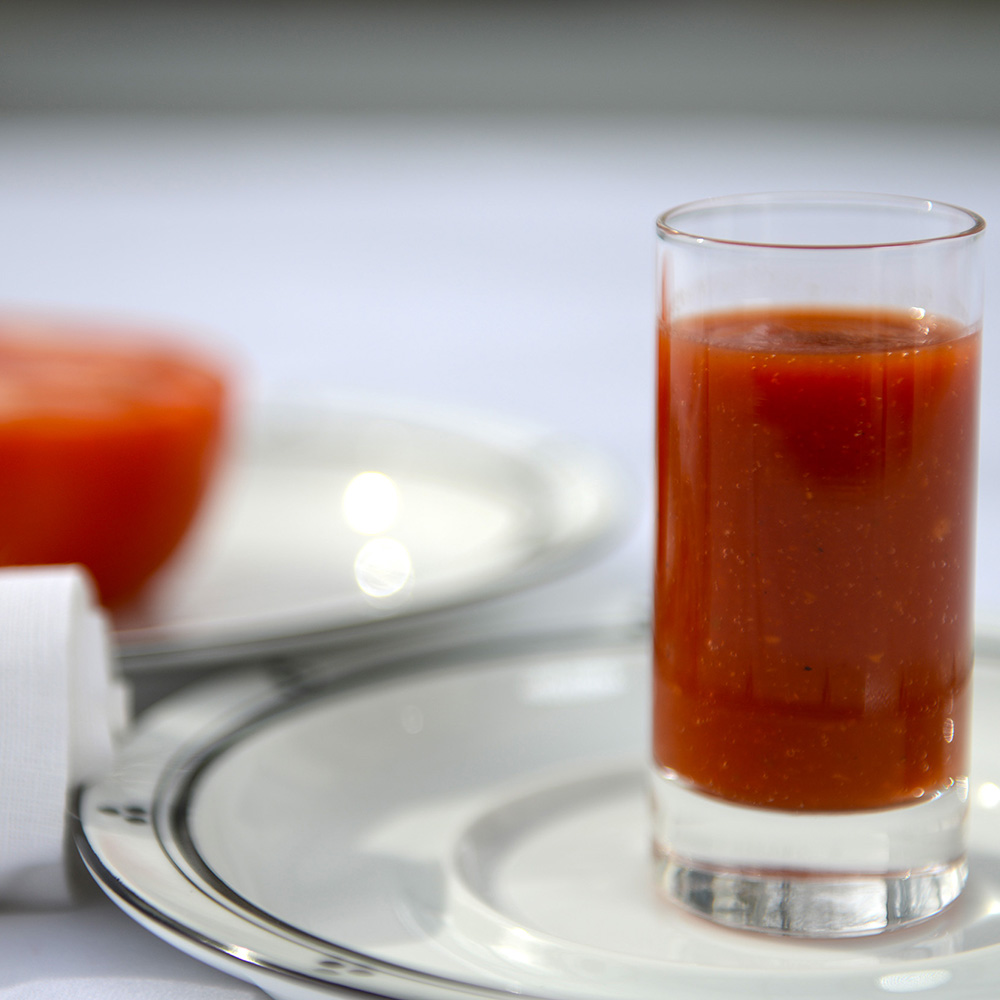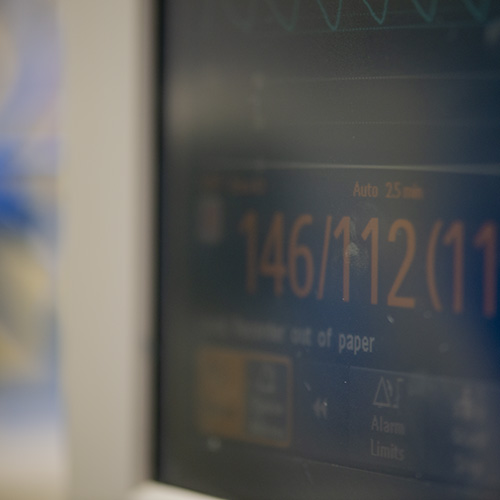Commonly referred to as the barium swallow study, swallow study is a radiological examination that helps in visualization of the esophagus for diagnostic purposes. It involves swallowing a radio contrast agent known as barium sulfate. Barium comes prepared in powder form. A paste is made and patient is instructed to swallow it. As the paste moves down the esophagus, the barium coats the esophageal wall. When radiographs are taken, the outline of the esophagus is visible. In a double contrast study, sodium bicarbonate is added to the barium meal. The crystals produce gas which further enhances the imaging. Several radiographs are taken with patient in varying positions to increase the diagnostic value of the examination. In a dynamic swallow study, food of varying consistencies is coated with barium. This is given to patient and radiological examination of the muscular activity of the esophagus is visualized. A study swallow is ordered if a person has difficulty swallowing food or has frequent heartburn. Diseases that can be diagnosed by the exam include achalasia, cancer of esophagus and gastrointestinal reflux disease.



